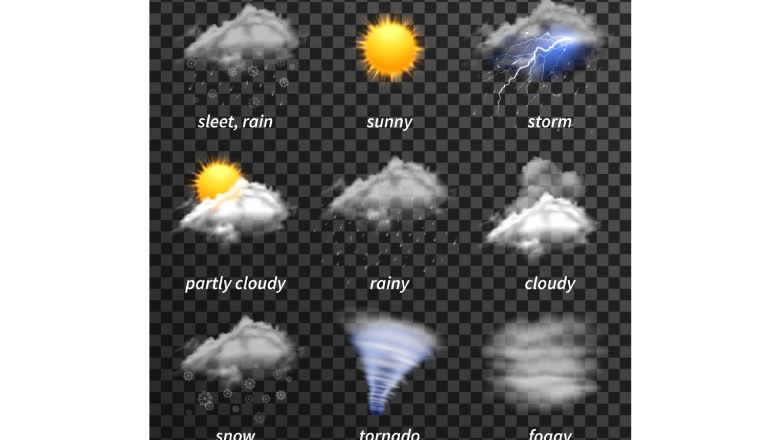India is taking steps towards making the country more weather-ready and climate-resilient with Mission Mausam. The mission is to give an extra edge in tackling extreme weather incidents and the impacts of climate change.
The Cabinet meeting chaired by Prime Minister Narendra Modi has approved an outlay of Rs.2,000 crore over two years for the same.
Mission Mausam, to be chiefly implemented by the Ministry of Earth Sciences, is envisaged to boost the country’s weather and climate-related science, research, and services. It will help equip all stakeholders including citizens and last-mile users, in tackling climate events.
As part of the mission, India will expound research and development, and capacity in atmospheric sciences, especially weather surveillance, modelling, forecasting, and management. Integrating advanced observation systems, high-performance computing, and cutting-edge technologies like AI and ML, will enable precision weather prediction.
The focus will include monsoon forecasts, alerts for air quality, extreme climate incidents and cyclones, weather interventions for managing fog, hail, and rain, etc. This will be made possible by deploying next-generation radars and satellite systems with advanced sensors and high-performance supercomputers, the development of improved Earth system models, and a GIS-based automated Decision Support System for real-time data dissemination.
The mission will benefit the agriculture, disaster management, defence, environment, aviation, water resources, power, tourism, shipping, transport, energy, and health sectors. It will also enhance data-driven decision-making in urban planning, road and rail transport, offshore operations, and environmental monitoring.
Three Ministry of Earth Sciences institutes: the India Meteorological Department, the Indian Institute of Tropical Meteorology, and the National Centre for Medium-Range Weather Forecasting will primarily implement Mission Mausam. These institutions will be supported by the Indian National Centre for Ocean Information Services, the National Centre for Polar and Ocean Research, and the National Institute of Ocean Technology.











